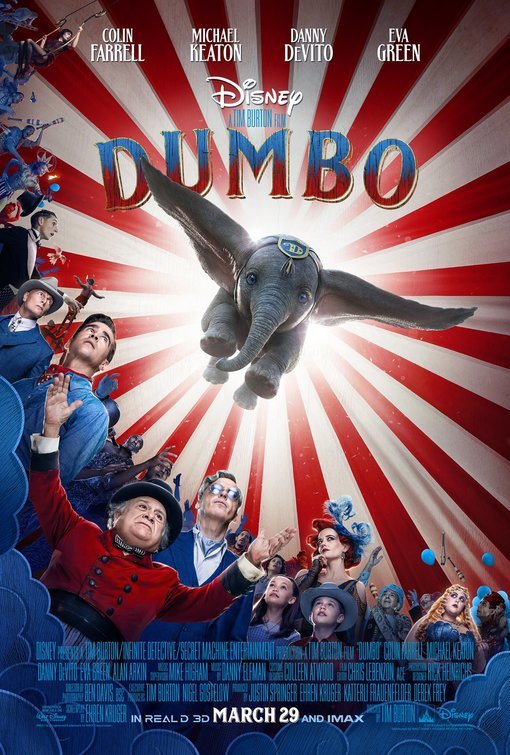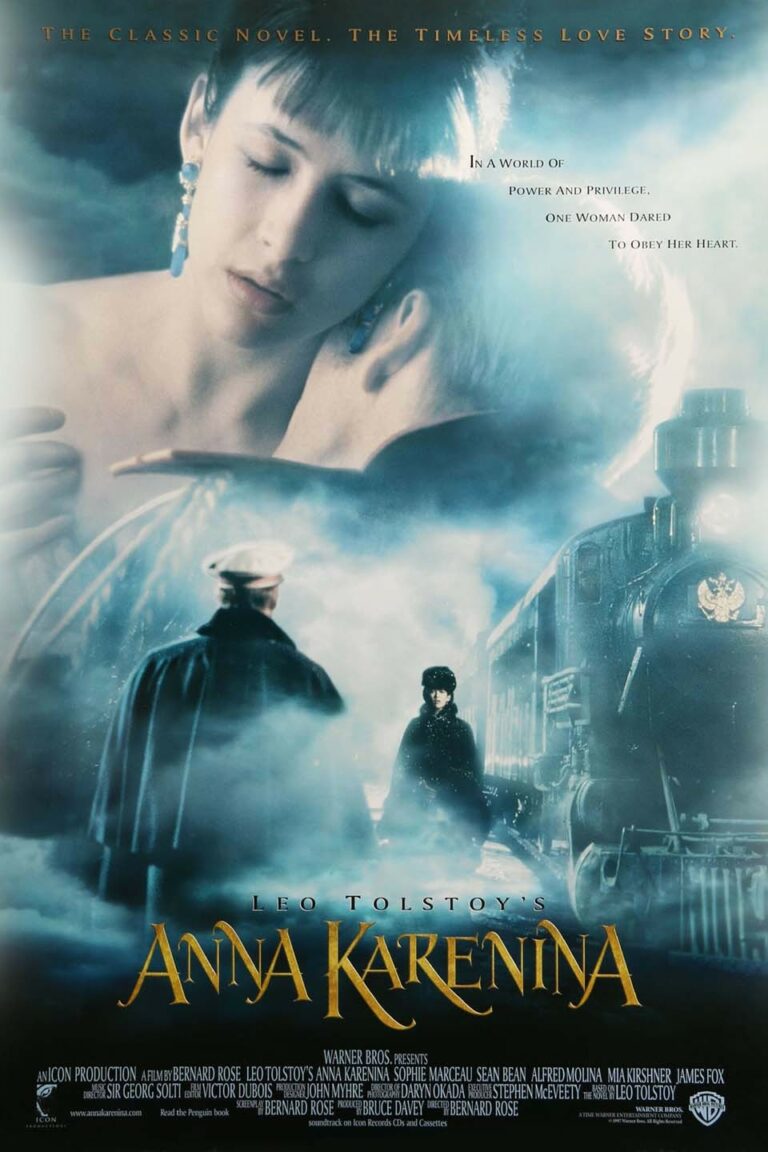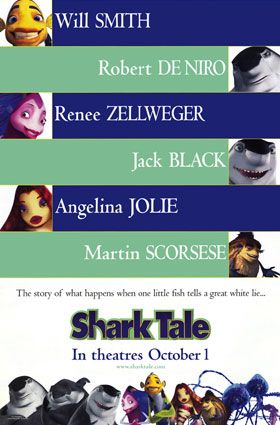"The Woes of Adultery"

| None | Light | Moderate | Heavy | |
|---|---|---|---|---|
| Language | ||||
| Violence | ||||
| Sex | ||||
| Nudity |
What You Need To Know:
This movie is an extremely strong statement against adultery, but it drags the audience through the adulterous gutter to get to the point. It also ends on a very clear Christian note extolling prayer, confessing God, asking God for forgiveness, and seeking the truth which can be found only in faith in Jesus Christ. Along the way, however, there is fornication, nudity, suicide, violence, and pain. The flaw is that the work tries to capture too much of Tolstoy’s story and therefore looses some of the book’s emotional intensity. Furthermore, the adultery could have been portrayed off screen, and the movie would have been just as powerful.
Content:
(CCC, Ab, VV, SS, NN, A, D) Strong Christian worldview illustrating the battle between romantic philosophy & Christianity showing that the wages of adultery is death, though marred by some anti-biblical & anti-Christian comments; no language; discreet but moderate violence such as man being hit by train, woman diving under train, a bloody scene of a wounded horse being shot, birth scene, & man playing Russian roulette with gun; adultery, fornication & aftermath of army orgy with long shot of soldiers entangled with women; rear male nudity, upper & rear female nudity, & suggestive clothing; drinking; and, smoking & opium use.
More Detail:
Many films have tried to capture the essence and the grandeur of the great Russian novelists. Usually, they end up paring down the work to one facet of the story. The latest film rendition of the LEO TOLSTOY’S ANNA KARENINA captures more of the scope and the philosophic essence of Tolstoy’s novel than the previous films. In the process of trying to cover the scope of the novel, however, this rendition fails to achieve the emotional high and empathy of the 1935 Greta Garbo classic.
The movie opens with Constantine Levin, who clearly represents the author’s perspective in the movie, discussing a recurring nightmare that he has of being chased by wolves across the steppes. Levin is in love with Kitty, who, in turn, is enamored with Count Vronsky, and so she declines Levin’s offer of marriage. The Count, in his splendid Russian uniform, is driven by his desires, and he toys with Kitty’s desires until he sees Anna Karenina step from a train, directly ahead of his mother whom he is meeting at the station. Count Vronsky feels lust at first sight for the married Anna Karenina, with the consequence of this illicit passion foreshadowed in the cruel death of a vagabond under the wheels of the train.
Count Vronsky pursues Anna, eventually winning her sexual favors and destroying her marriage to the thoughtful husband, Alexei, who graciously tries to help her see the light. The husband symbolizes the forgiveness and grace of Christian conviction. Anna’s and the Count’s affair eventually ends in disaster.
Meanwhile, Levin wins Kitty to be his wife and finds God after a search for the meaning of life. In the end, Anna’s husband, Alexei, confesses his faith in Jesus Christ, Count Vronsky becomes a Christian, and Anna asks God for forgiveness as she dies.
This film is an extremely strong statement against adultery, though it drags the audience through a vivid adulterous relationship to get to the point. It also ends on a very clear Christian note extolling prayer, confessing God, asking God for forgiveness, and seeking the truth which can be found only in faith in Jesus Christ. Along the way however, there is fornication, nudity, suicide, and pain.
The essence of Tolstoy’s story is clear. Romanticism, in the philosophic tradition of Jean-Jacques Rousseau, is destroying the fabric of Russian society and opening the door to Communism. In contrast, Christianity proffers a deeper strength, a more profound wisdom and an ability to communicate with the Creator. By the end of the film, even Count Vronsky confesses that he is a Christian. The historical accuracy is laudable. The costumes are beautiful, and the sets flawless. The flaw is that the work tries to capture too much of Tolstoy’s story and therefore loses the book’s emotional intensity. Furthermore, the adultery could have been portrayed off screen, and the movie would have been just as powerful.



 - Content:
- Content: 



